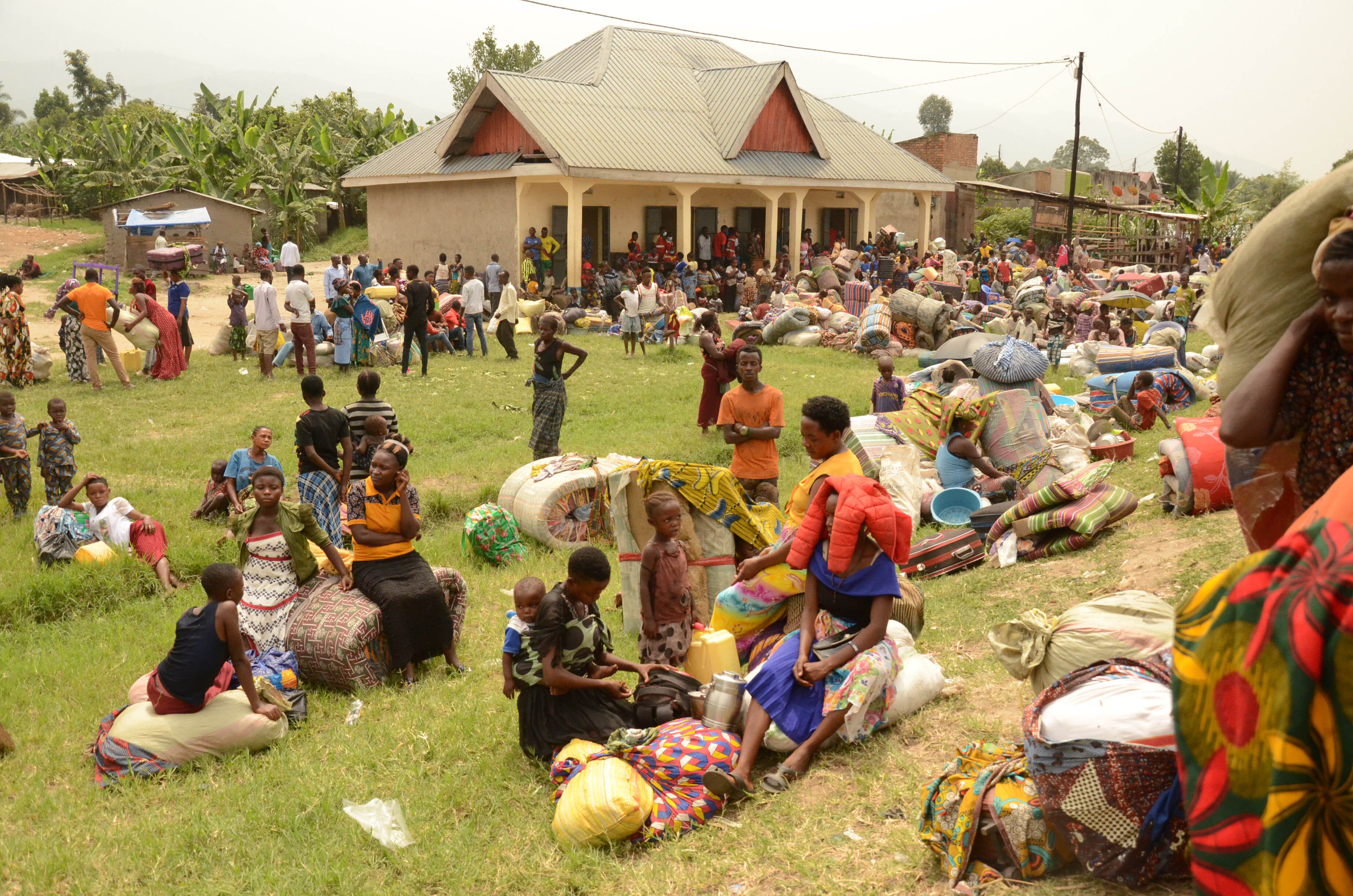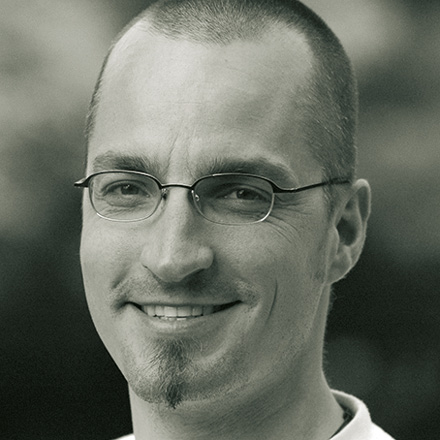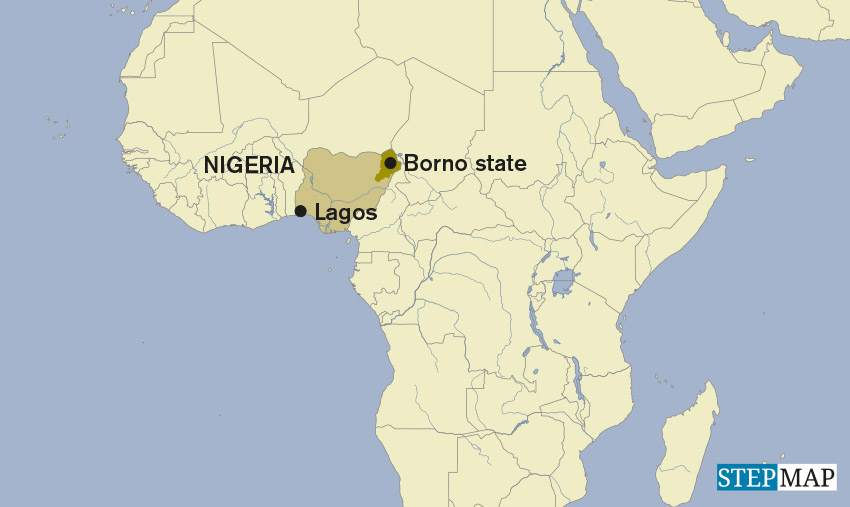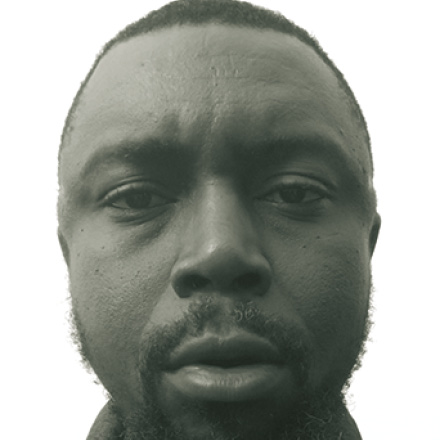Human rights
„Sliding towards genocide“
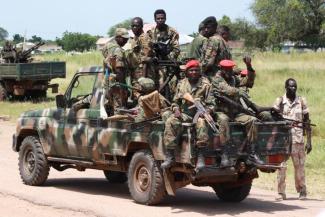
What is the current situation in South Sudan?
Ethnic tensions are dividing South Sudan's 64 tribes, and the country is awash with weapons and armed groups. The violence against women is staggering; rape has reached truly epidemic proportions. Politicians, police and military are acting as aggressors toward innocent citizens. When political leaders and law enforcement personnel as well as rebel soldiers are traumatised themselves, they revert to self-preservation through tribal vengeance and political assassinations. This is all happening in the context of a civil war that began in December 2013, with a steady descent into a tribal conflict between Dinka, Nuer and other ethnic groups. There have been ethnic-based killings on all sides and growing demands for vengeance. Inter-tribal violence, authoritarian rule, a failing economy and an overfunded military make an explosive mix.
International observers – like UN Secretary-General Ban Ki-moon – have said that a genocide in South Sudan is imminent. Which early warning signs do you see?
Inter-tribal dehumanisation and incitement is taking place – hate speech at all levels, including social media. Militias are mobilising along ethnic lines, and perhaps most ominous of all, the South Sudan government's actions are already levelling villages, resulting in many dead in Central Equatoria state. We observe atrocities and gross violations of human rights and international humanitarian law. Ethnic cleansing is underway through starvation, gang rape and arson. Major signs are targeted killings of civilians and the forcing of certain ethnic groups to flee. Across the country, moreover, the government and the rebels are forcibly recruiting very young gunmen ahead of the dry season, when fighting typically intensifies. The government has boosted its weapons procurement. Both sides are gearing up for this offensive.
The UN special advisor on genocide, Adama Dieng, has pointed out that genocide is a process, referring to South Sudan. How would you describe this process, for instance in the state of Central Equatoria, where you live?
We witness ethnically targeted killing along the borders with Uganda and the DR Congo as well as within Yei town by both the government military and the armed groups. Young boys are being arrested by the military; most of them are killed and dumped in the river. Soldiers burn villages and execute residents because of their ethnicity. A clash between the army and armed groups is in preparation.
Is there any way to stop this?
Time is running out. All sides are actively recruiting new soldiers - including children - and stockpiling weapons. But the worst can be prevented. The limitations on international peacekeepers have to be lifted to allow them more aggressive responses to violence. Targeted sanctions against South Sudanese leaders on both sides are necessary. International media organisations need to highlight what is going on in South Sudan. And last but not least: a peaceful dialogue process can diminish the scale of violence.
Are any international interests fanning the conflict?
No, there are no big power contests being played out in South Sudan. The neighbouring states have been promoting peace through their regional organisation, the Intergovernmental Association for Development (IGAD). IGAD must also empower the African Union's Special Envoy for South Sudan, former Malian President Alpha Konaré, to pursue an urgent process of mediation and negotiation to lower tensions and assure all sides of an inclusive peace process. This task can no longer be entrusted to the government of South Sudan as proposed in the current peace plan, because the government is complicit in much of the current violence and threats of ethnic killing. Once these measures have been taken, the 4,000 additional UN peacekeeping troops approved by the UN Security Council can be deployed with the goal of defusing ongoing tensions and providing protection for citizens. The world has spent several decades rehashing the failures that led to the Rwandan genocide. In South Sudan there are ample warning signs now, but the action necessary to forestall another tragedy in the region must be led by African leaders, with muscular diplomacy and clear international commitment.
As a mediator, how do you approach a tense situation?
By not taking sides, but engaging all actors at all levels. The road we are taking is quiet diplomacy, advocacy for an inclusive peace process and humanitarian support.
How do you deal with armed actors?
Our main tool is contact – dialogue based on confidence. This approach necessarily raises important questions. Will allowing an armed group the opportunity to engage in talks legitimise that group’s use of violence to push for its demands? Will the parties simply take advantage of the dialogue to buy time? While these are valid questions, my organisation RECONCILE has chosen to help facilitate dialogue in order to achieve a political solution. Engaging actors in compliance with international norms has to be done step by step, depending on the dynamics and stage of the conflict. Where the parties are in dialogue with each other – often facilitated by a third party –, partial agreements, sometimes linked to ceasefires, can serve as important confidence-building measures, in addition to easing the suffering of the civilian population.
What must happen so people lay down their weapons?
Trust building and open dialogue is to be encouraged between armed actors. Such dialogue needs to be facilitated by a neutral group that does not take sides. Sometimes a neutral place for negotiation is also required.
You have been working for decades as a mediator in many armed conflicts. Do you fear for your life?
Those who do not want peace sometimes threaten me. For instance, I get text messages telling me that they want me dead. As a human being, that is traumatising, but I know how to deal with the effects of trauma. Also, it is always encouraging to work with others in the process. I have seen the fruits and impact of my past work; many armed actors later appreciated the process. This gives me determination to push on.
What do you consider the main tools for peace-building?
As I said, dialogue is crucial. We also need continued context analysis and recognise the varied nature of the armed groups and their relation to the ongoing conflict and peace dynamics. We make informed decisions based on this analysis and use a variety of methods to engage. It is important to approach justice issues in relation to mediation and dialogue with armed groups in a comprehensive way, avoiding possible solutions which favour exclusively one or the other. And we need to follow up on implementation of the agreement reached.
What are the basics for peace-building efforts to prove effective?
The key to effective peace-building lies in an agreed common strategy, nationally owned, with clear priorities towards which the UN, the international community and national partners can allocate resources. A common strategy should be:
- nationally owned, derived from an inclusive planning process, with many and diverse stakeholders consulted as the strategy is developed; and
- based on an assessment of the country’s situation (for example through a post-conflict needs assessment or a strategic assessment) including an analysis of conflict drivers and risks.
You are part of the commission that wrote and supervises the peace agreement in South Sudan. Do you think this peace agreement is still valid?
The current peace agreement is not valid, though the international community and government of South Sudan are trying to avoid the shame of its collapse. There is a need for an inclusive revisiting of the agreement.
In your opinion, what needs to be done now to de-escalate the situation in South Sudan?
We must give life to the dead peace agreement by using an all-inclusive process, a dialogue facilitated by a neutral body that is transparent. For this, we need the support of the international community. Top priority is to stop the ongoing violence before South Sudan slides further towards genocide.
What went wrong after the 2005 Comprehensive Peace Agreement (CPA) and the decades-long civil war so violence re-erupted in 2013?
Security arrangements were not put in place before the formation of a transitional government. The level of anger and mistrust was ignored.
Reverend Peter Tibi is a peace mediator and head of RECONCILE International, a faith-based organisation. He lives in Yei, South Sudan.
ptibi@reconcile-int.org
Link:
RECONCILE International (Resource Centre for Civil Leadership):
http://www.reconcile-int.org/
